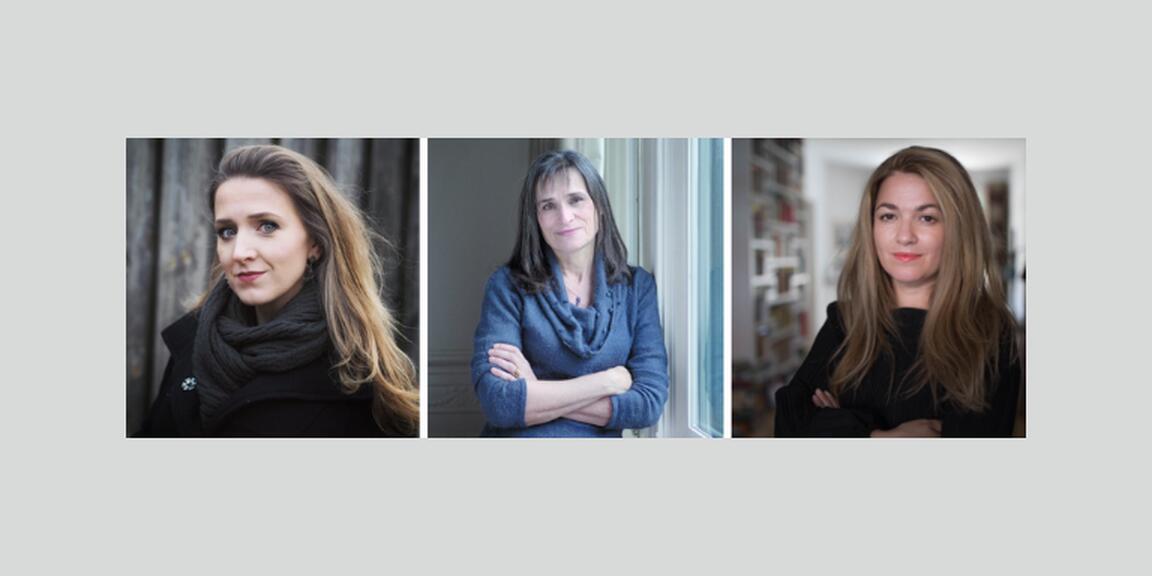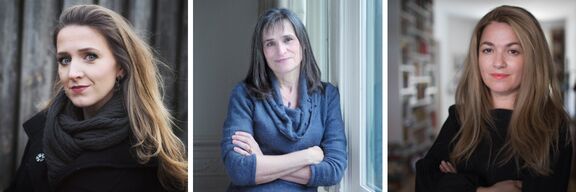
The symbolic body
Debate in Dutch with Alicja Gescinska, Kristien Hemmerechts and Mira Feticu
When a god becomes incarnate or takes on a human form, the body acquires a symbolic dimension that returns it to an original identity that precedes humanity. The invisible god becomes visible by incarnating as man. Some religions, however, forbid representations of the human body. How has this dimension been expressed over time through religious prohibition, artistic representation and the potency of symbols?
ALICJA GESCINSKA
The work of philosopher and author Alicja Gescinska is marked by her move from Poland to Belgium at a young age. Central in her work are the themes of identity, origin, fear and freedom. Between 2013 and 2016 she lived in the USA, where she worked at Princeton University and Amherst College. In 2016 she wrote her first novel which earned her the Debut Prize 2017. Next to books, Gescinska has written tv shows for Belgian television.
KRISTIEN HEMMERECHTS
After her studies in Germanic Philology, Kristien Hemmerechts seemed destined for a career in authorship. Her insatiable creativity has produced over 30 books and essays. Apart from being a writer, she also teaches English Literature at the Catholic University of Brussels.
MIRA FETICU
Graduated in Romanian and Dutch Literature, Mira Feticu is a radio presenter, scenarist and publicist and part of a new generation of Dutch, feminist writers. She co-founded the radio program ‘Literature Late Night’ and works as a researcher for the Dictionary of Romanian Literature.
Flagey, Le Soir, RTBF, ULB, VUB
With the support of Vlaams Fonds voor de Letteren

In the context of
Religion in the City
Body and Religion
